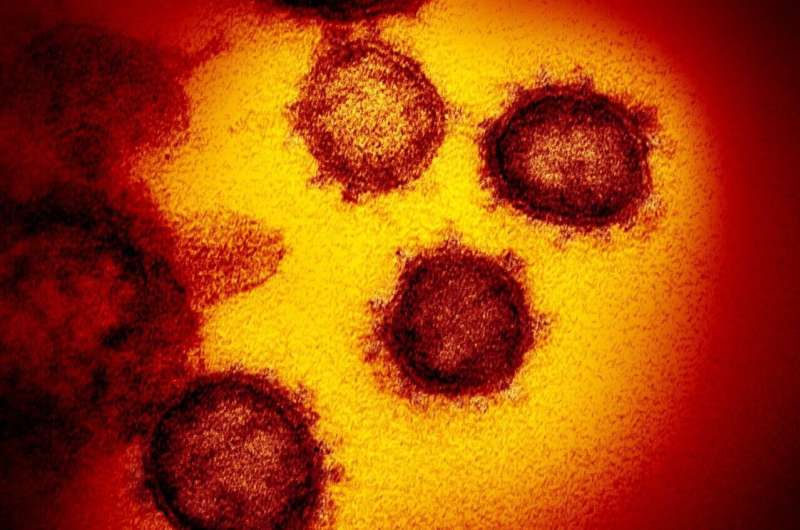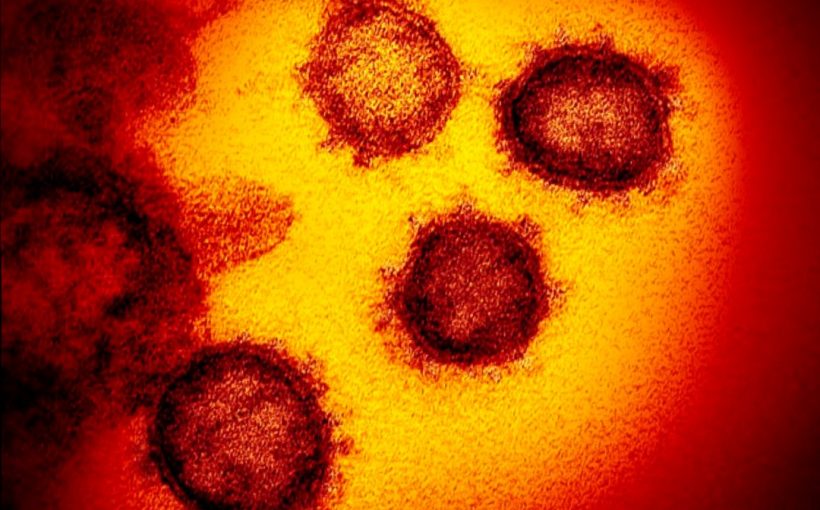
Although COVID-19 is primarily treated as a respiratory disease, patients often experience neurological problems, such as headaches, anxiety, depression and cognitive issues, which can persist long after other symptoms have resolved.
Some research has shown blood vessel damage and inflammation referred to as vasculitis in COVID-19 patients’ brains and central nervous system (CNS). Most cases of CNS vasculitis have been associated with elderly patients with severe COVID-19, but in a report published July 28, 2021 in the journal Neurology: Neuroimmunology & Neuroinflammation, a multidisciplinary team of physicians at University of California San Diego School of Medicine describe the first known case of a young, healthy adult infected by the SARS-CoV-2 virus who also experienced CNS lymphocytic vasculitis.
The 26-year-old woman was diagnosed with COVID-19 four days after an airplane flight in mid-March 2020. Her symptoms were mild, but progressed two to three weeks later to difficulty moving her left foot and weakness on the left side of her body. She had no headaches and had experienced no change in her mental status or cognition.
Magnetic resonance imaging, however, revealed multiple lesions in the right frontoparietal region of the brain, which is involved in motor control and sensation of the left side of the body. A biopsy revealed CNS lymphocytic vasculitis—inflammation or swelling of blood vessels in the brain and spine.
The woman underwent a series of corticosteroid-based treatments, began a long-term immunosuppressive medication, and, after six months, the lesions had substantially decreased and no new lesions had formed. She is still under treatment with immunosuppressive medications.
“This patient was first confirmed case of COVID-19 CNS vasculitis, confirmed by biopsy, in a young healthy patient with otherwise mild COVID-19 infection,” said corresponding senior author Jennifer Graves, MD, Ph.D., a neurologist at UC San Diego Health and associate professor of neurosciences at UC San Diego School of Medicine.
“Her case tells researchers and clinicians to consider these serious potential brain complications even in young patients and those with minor initial COVID-19 infections.”
Co-authors include: Garrett M. Timmons, Torge Rempe, Elizabeth A. Bevins, Vanessa Goodwill, Annalise Miner, Arthur Kavanaugh and Michelle Ritter, all at UC San Diego.
University of California – San Diego


